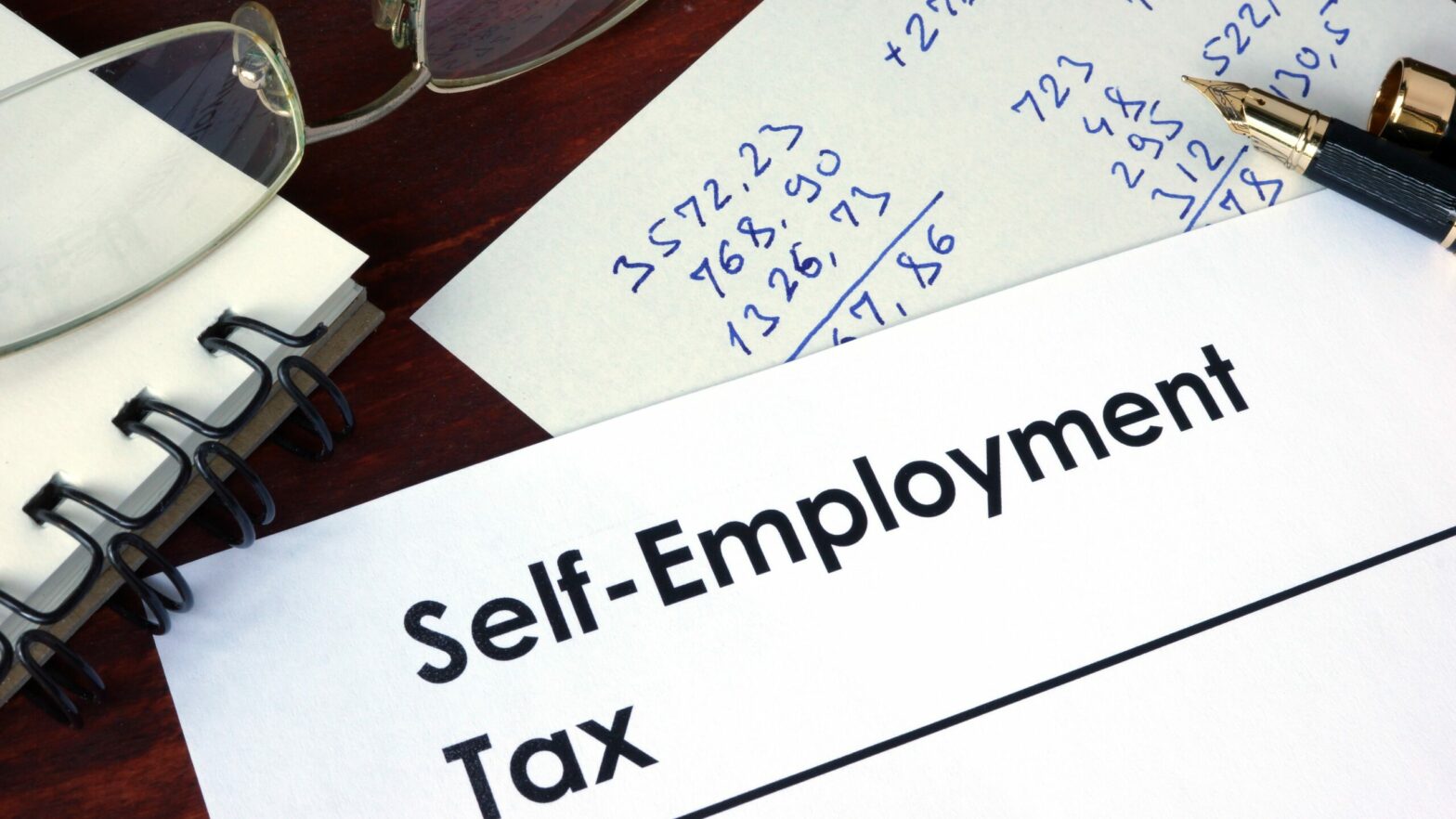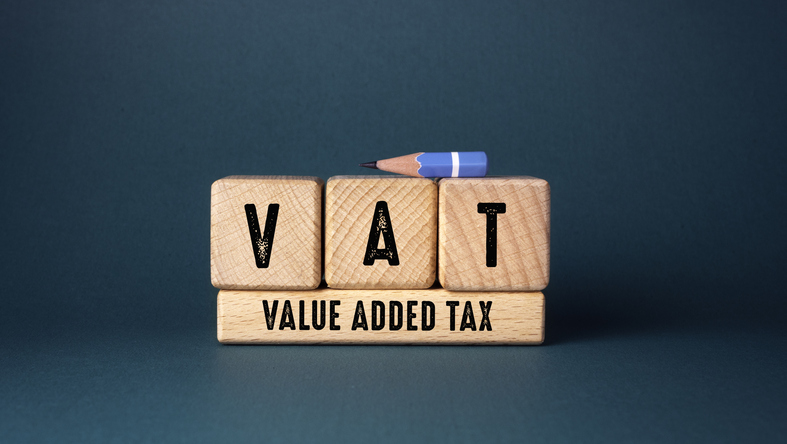The self-employed are one of the UK’s great economic success stories. As their numbers have shot up in the last ten years – from 3.8 million to almost 5 million – so too has their economic contribution (including tax).
Self-employed workers contributed £275bn to the economy in 2018 – enough to fund the NHS twice over. They also provide businesses across the UK with vital flexibility and specialist expertise.
Despite the crucial contribution of freelancers, however, the fact is that today they are being stifled by a tax system that just doesn’t work for them. The analogue and outdated tax system in the UK was built with just two groups in mind: employers and employees. And as the number of self-employed has grown, tensions have increased in this creaking system.
The problem is that instead of redesigning the tax system to work for the self-employed, successive governments have just tried to patch it up and retrofit it. The result is confusion and heavy-handed, damaging policies like the off-payroll working rules aka ‘IR35’.
The latest iteration of this cumbersome tax law is basically designed to force non-employees into the employee tax system. It’s a crude policy that has caused no end of problems since its inception 20 years ago.
The trouble is IR35 is nightmarishly complex, which leads to self-employed people being wrongly dragged through the courts to prove their freelance status. In fact, of eight major IR35 cases since 2017, HMRC have lost six. And if the tax department can’t understand this legislation, how can it expect others to?
Disguised renumeration schemes
The confusion about the self-employed tax system also created a space where unscrupulous intermediaries were able to operate. They set up what HMRC refer to as ‘disguised renumeration schemes’ and we are now seeing the tragic fall-out from that with the Loan Charge.
At IPSE, we’ve always condemned the use of these schemes. But we also think HMRC’s approach is wrong. It’s not the people who were duped into using these schemes they should be targeting, but the amoral salesmen who promoted and profited most from them. This may be at a smaller scale than the PPI scandal, but has had horrific consequences, with some victims taking their own lives.
Once again, it is ultimately the self-employed who suffer because of our broken and confusing tax system.
It’s time for bold and radical thinking to tackle the root of these problems. Tinkering around the edges of our tax system just isn’t enough anymore. Instead, it must be redesigned so that it is transparent and equitable; something that works not just for employees and employers, but also the self-employed.
There are interesting ideas already out there for a better, modern tax system. What is disappointing is that the Government so far seems to be ignoring them. In fact, when consulting on the new IR35 rules, it explicitly ruled out a number of interesting ideas. Among them was the idea of a Freelancer Limited Company – a company and tax structure designed specifically for freelancers – as well as other groups’ suggestions, such as National Insurance Contributions for clients who engage freelancers.
In uncertain times like these, it is more important than ever that we look to the dynamos of our economy and that we back this country’s big success story: the self-employed. And to do that, we need this Government to explore radical ideas for redesigning it.
It’s time for a tax system that is fit for the digital age and provides clarity and certainty for all.
Chris Bryce is the founder of The Association of Independent Professional and the Self-Employed (IPSE).








